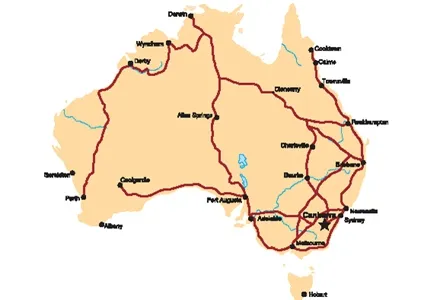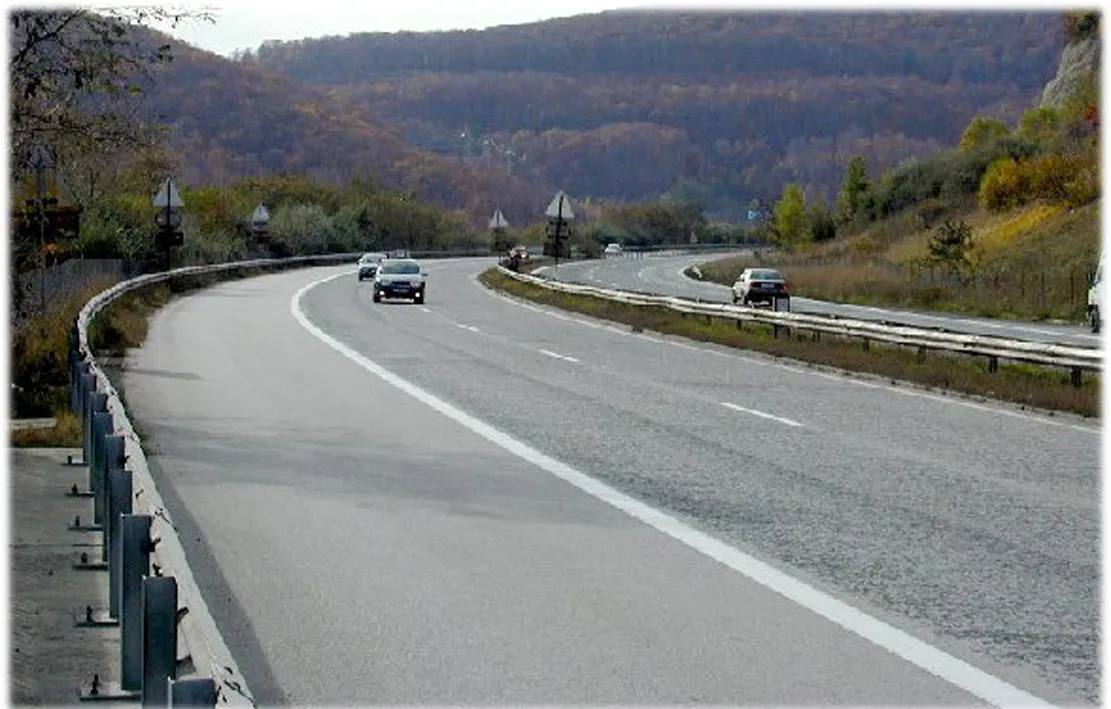Work on the north-south transport corridor could be completed by 2025, the government said during a recent European Economic Congress held in the Polish city of Katowice.
The route is planned to run nearly 1,600km from the Lithuanian Baltic Sea port city of Klaipeda to the Greek city of Thessaloniki on the Aegean Sea. It passes through Poland, Slovakia, Hungary, Romania and Bulgaria. It will cross corridors leading from Western Europe to Russia and linking through Black Sea ports.
Delays have plagued construction of the route, with only sections completed or upgraded.
Meanwhile, The Polish city of Gdansk has called a tender for reconstruction of the Biskupia Gorka viaduct, named after the city’s suburb.
The project will cost nearly €36 million, of which €27 million will come from European Union funds. Work will start likely by the end of this year.
Poland calls a tender for work on the Biskupia Gorka viaduct
Poland will have to spend around €7.12 billion to complete its section of the trans-European Via Carpathia. Work on the north-south transport corridor could be completed by 2025, the government said during a recent European Economic Congress held in the Polish city of Katowice. The route is planned to run nearly 1,600km from the Lithuanian Baltic Sea port city of Klaipeda to the Greek city of Thessaloniki on the Aegean Sea. It passes through Poland, Slovakia, Hungary, Romania and Bulgaria. It will cross cor
May 25, 2017
Read time: 2 mins
Poland will have to spend around €7.12 billion to complete its section of the trans-European Via Carpathia.








